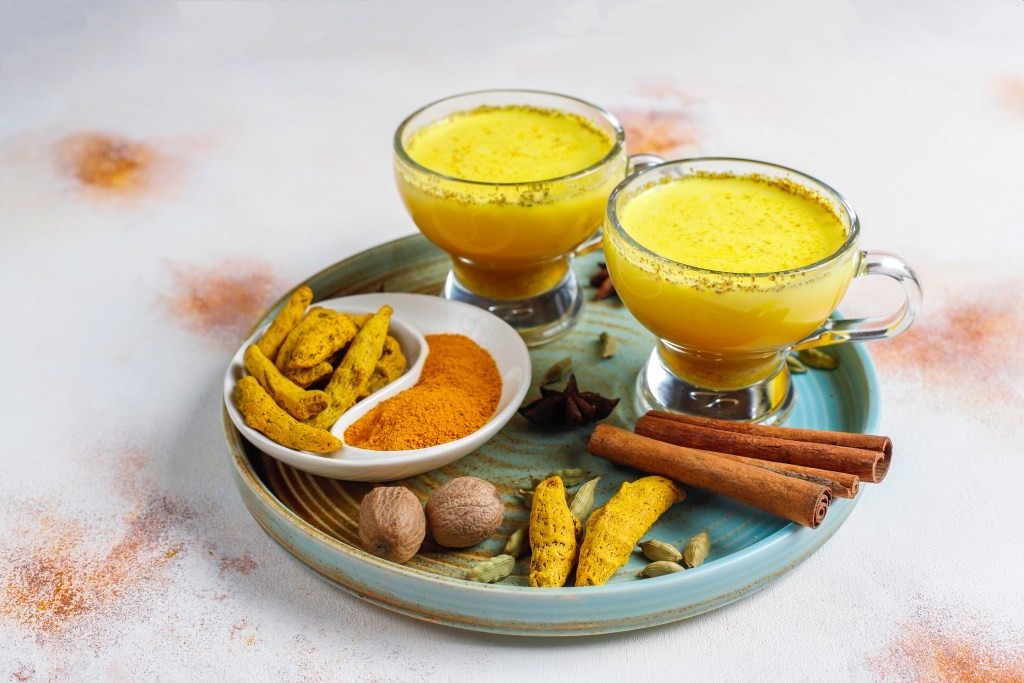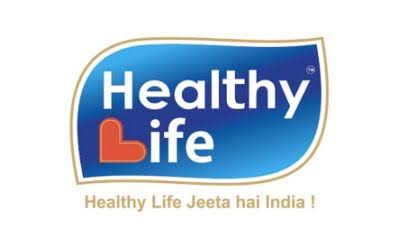 Image Source : Uncover Clinic.
Image Source : Uncover Clinic.
DIY face packs have become a popular, affordable way to enhance natural beauty using ingredients from one’s kitchen. However, not all home remedies are beneficial or suitable for every skin type. In a recent detailed interview, cosmetologist Pooja Nagdev, founder of Inatur, shares her top five ingredients for creating effective, safe, and skin-friendly DIY face packs. She also warns about common mistakes and ingredient pitfalls, especially regarding lemon juice, a widely used but sometimes harmful product in homemade skincare.
Key Takeaways On Safe And Effective DIY Face Packs
DIY face packs provide a convenient, affordable option to target common skin concerns, including dullness, acne, dryness, and inflammation.
Customization based on skin type is essential for maximizing benefits and minimizing risk of irritation.
The top recommended ingredients are honey, yogurt, oats, turmeric, and neem, chosen for their nourishing, calming, and healing properties.
The Top 5 DIY Face Pack Ingredients Explained
Honey: Natural humectant that locks in moisture, making it incredibly hydrating. Its antimicrobial properties help with acne-prone skin and soothe irritation. Suitable for all skin types, especially dry and sensitive skin.
Yogurt: Rich in lactic acid, a natural exfoliant that gently removes dead skin cells while brightening and hydrating. Lactic acid also regulates oil production, making yogurt ideal for combination and oily skin types.
Oats: Known for their anti-inflammatory and soothing effects, oats calm redness and irritation. They are particularly beneficial for sensitive and dry skin and act as a gentle exfoliator when ground into a powder.
Turmeric: Contains curcumin, which has anti-inflammatory, antioxidant, and skin-brightening benefits. It's effective for acne spot treatment and overall evenness. Best when used mixed with moisturizing agents like honey or yogurt.
Neem: Possesses antibacterial and antifungal properties, excellent for acne-prone skin. It helps combat breakouts and purifies the skin, often used in powdered form or as neem water.
Lemon Juice: A Common Ingredient To Approach With Caution
Despite its popularity, lemon juice is not universally safe for DIY face packs. While it contains vitamin C and citric acid, which have exfoliating and brightening properties, it is also highly acidic and can irritate and sensitize the skin, leading to redness, dryness, or chemical burns, especially under sun exposure.
Lemon juice is best avoided as a direct application on skin, particularly for sensitive, dry, or acne-prone types.
If used, it must be heavily diluted and followed by thorough sun protection to mitigate photo-sensitivity risks.
Many experts recommend using safer vitamin C alternatives or professionally formulated products for skin brightening.
Practical Tips For Creating DIY Face Packs
Always perform a patch test before applying a new mixture to the entire face to check for allergic or irritant reactions.
Use fresh and organic ingredients whenever possible to maximize benefits and reduce contamination risk.
Custom-tailor face packs depending on skin needs, mixing moisturizing, soothing, or exfoliating components accordingly.
Avoid overuse—applying face packs 1-2 times per week is generally sufficient for skin improvement.
Additional Ingredients To Avoid Or Use Sparingly
Harsh exfoliants like baking soda and undiluted citrus juices.
Raw egg whites or unpasteurized dairy if allergy-prone.
Overly abrasive scrubs that can disrupt the skin barrier.
Conclusion
DIY face packs can offer a rewarding and gentle way to enhance skin health and appearance. With expert guidance, using trusted natural ingredients like honey, yogurt, oats, turmeric, and neem creates healing, hydrating, and brightening results safely. Meanwhile, caution and moderation are crucial when it comes to popular but potentially harmful items like lemon juice. Following cosmetologist Pooja Nagdev’s recommendations helps enthusiasts harness the best of nature while preventing common pitfalls associated with homemade skincare.
Sources: Hindustan Times, Inatur interview with Pooja Nagdev, HealthShots, Elle India
Advertisement
Advertisement





